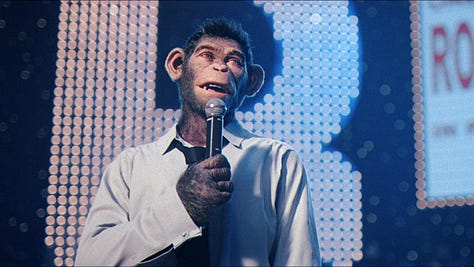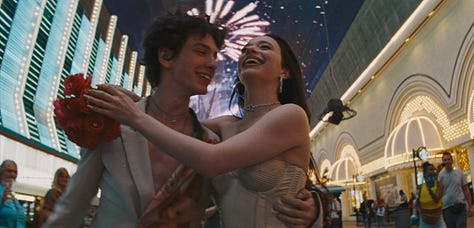Something to watch tonight: Monday 6 January
Holiday catch-up






Editor’s note
Apologies that this is out later than usual. I have been waiting in vain for RNZ to fix a bug in their podcast system that would allow last week’s At the Summer Movies audio to be posted online. It’s still a skeleton staff there so it hasn’t been fixed yet. Hopefully, the system will be working better on Wednesday when the next batch arrive…


